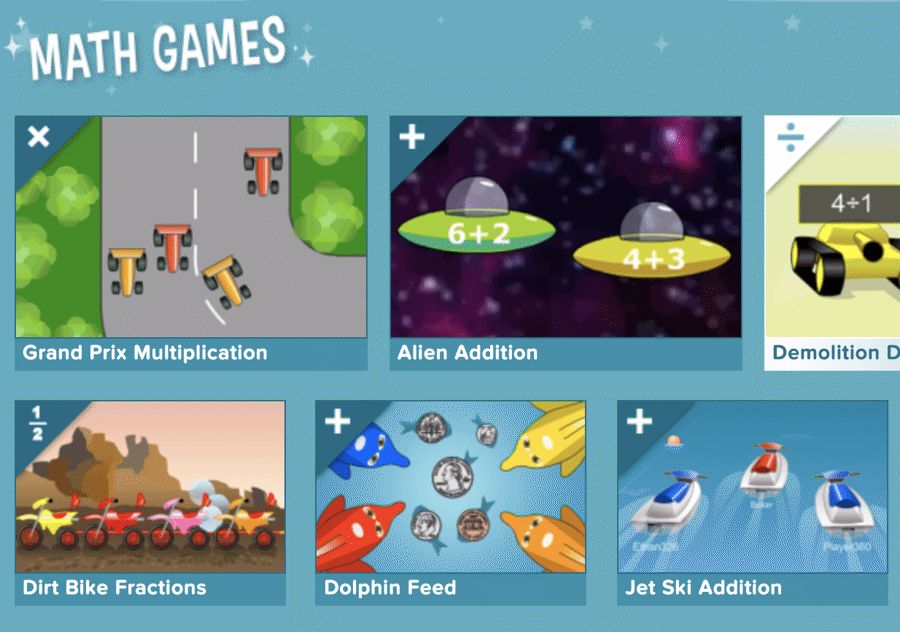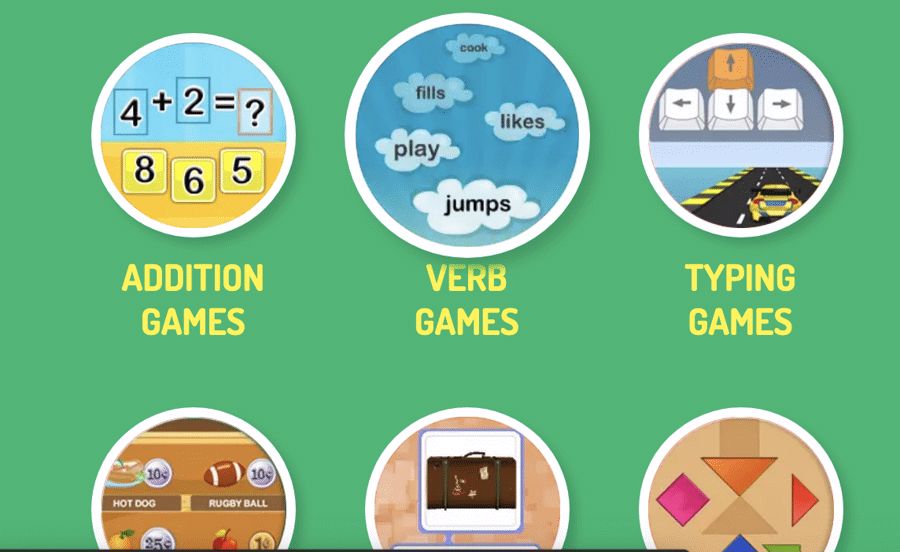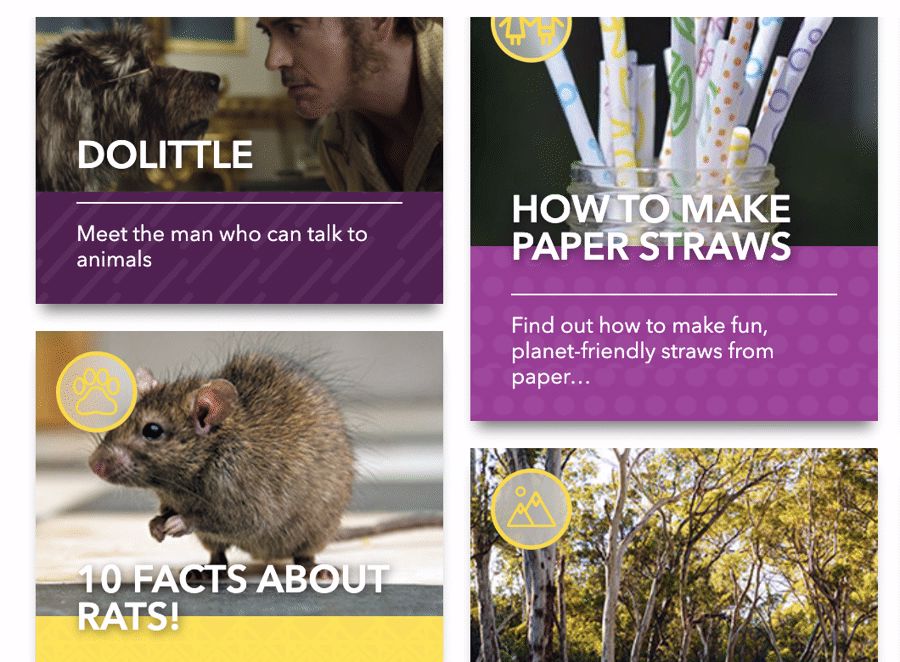Ah home educating, the schools shut, the nurseries are closed and the childminders and home tutors are all self-isolating like the rest of us. Luckily for you, the internet exists. We have collected a complete assortment of different resources, videos and websites to help you educate and entertain your little ones during the quarantine period.
YouTube
Ah yes, the wonderful platform once filled with funny cat videos and silly cartoons, now the home to a wilderness of great content for learning and entertainment. Whether it’s educational videos, bedtime stories, or some of the best bits from their favourite TV shows, there are loads of channels you can use to keep your little ones occupied during the quarantine, so here are our top 3 of the (extremely expansive) bunch.
This is a great resource if your kids are a little bit older and looking to learn. They have loads of great videos surrounding science and engineering, so if you have a budding engineer, neuroscientist, astronaut, or any other awesome role, then why not get them looking at this.
For any budding explorers, this is a goldmine. Once again targeting slightly older toddlers and higher, but this is a great way to get any kid interested in the world of geography and exploration.
If you want a great way to learn lots of facts about the world that is suitable for all ages, this is the one for you. Filled with videos about different topics and ideas, and simple enough that most ages can understand, this is a great option to keep your little ones learning.
Everyday Monday to Friday at 9am, Joe Wicks, The Body Coach holds a live stream PE lesson on his YouTube channel for your children to start the day with some physical activity. We've seen many mums and dads joining in too, but this may be a great way to tire them out for the rest of the day - if you're lucky.
[Read more: 5 Ways to Entertain Your Kids in Self-Isolation]
Educational Sites
If you are looking for some more focused but still fun ways to keep your child educated, then what better than a good website to fill your need. These kinds of sites offer fun and informative ways to keep learning for a variety of ages, so why not take a look at a few and see which you fancy? With the number of sites out there, I’ve taken the top 3 for some of the key subjects your little one will learn (or be learning!) so you can make sure they are getting the best out of each!
Maths

https://www.coolmath4kids.com/
English / Literacy

http://www.literactive.com/Home/
Science

https://www.natgeokids.com/uk/
How should I use these?
Good question! See, not everyone is a teacher, and not everyone will even remotely do to make these sites have any benefit, so let me give you some ideas.
One thing I will quickly say though is that if your little one is extremely little, they may not be able to do these, but exposing them to the videos will help, and you can always find different fun ways to make them laugh and smile at what they are doing.
Quizzes
Yep, it gets as simple as quizzes. Very simple idea, get your little one to watch a video or learn something from a page, then ask them maybe 5 questions about it, they can’t move on till they have all questions right, repeating the learning aspect to allow them to do this. If your child is quite young, it could be maybe only 2 or 3 questions right, that’s where a bit of parental gut comes in! A great way to get your little ones engaged with this is with rewards, aka do this and you can watch TV for half an hour afterwards, or something like that.
‘What’s the time Mr Wolf?’
Yes, you know the game I'm sure you do! If you don’t the premise is simple, one player (the wolf) faces away from the other player/s, the other players ask ‘what’s the time Mr Wolf?’ at which point you give a numerical answer and they move that many paces forward. In this situation why not mix it up a bit? Either make the answer a maths question that they have to solve, or change the question a ][t so it is an English question like how to spell a word. Then once (or if!) they reach you, there's a prize waiting at the end.
Recital
This seems really simple, but we can’t always expect young children to remember everything! So instead, why not simply give them a piece of paper afterwards and tell them to write down or draw anything they remember from what they did, then it means you know they have remembered parts of it, and you have a helping tool there for later on if they forget.




